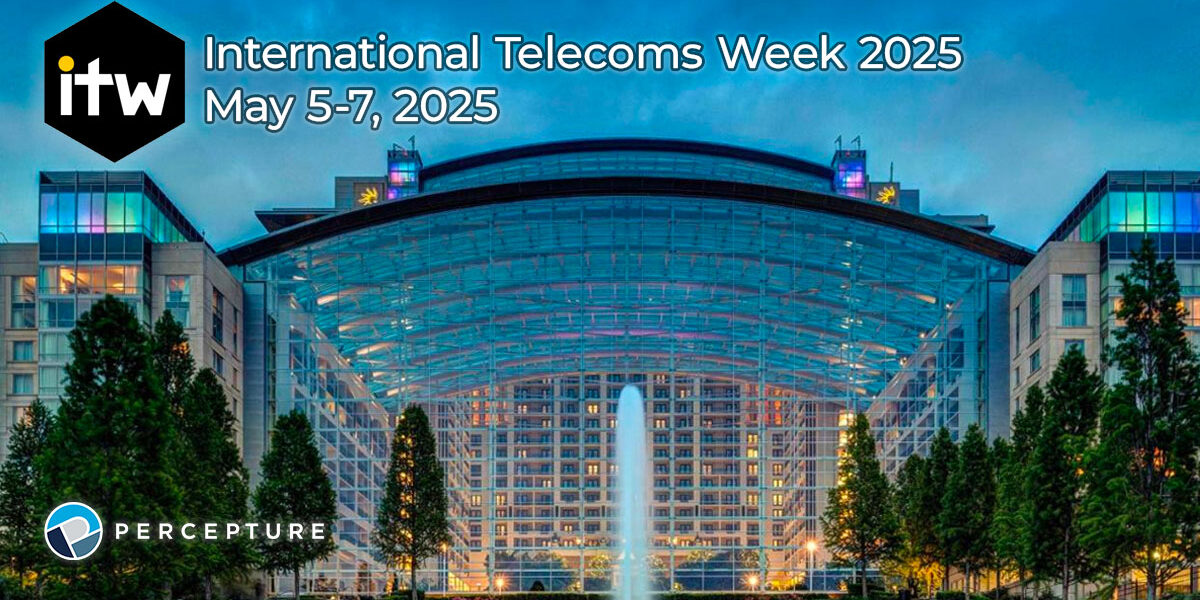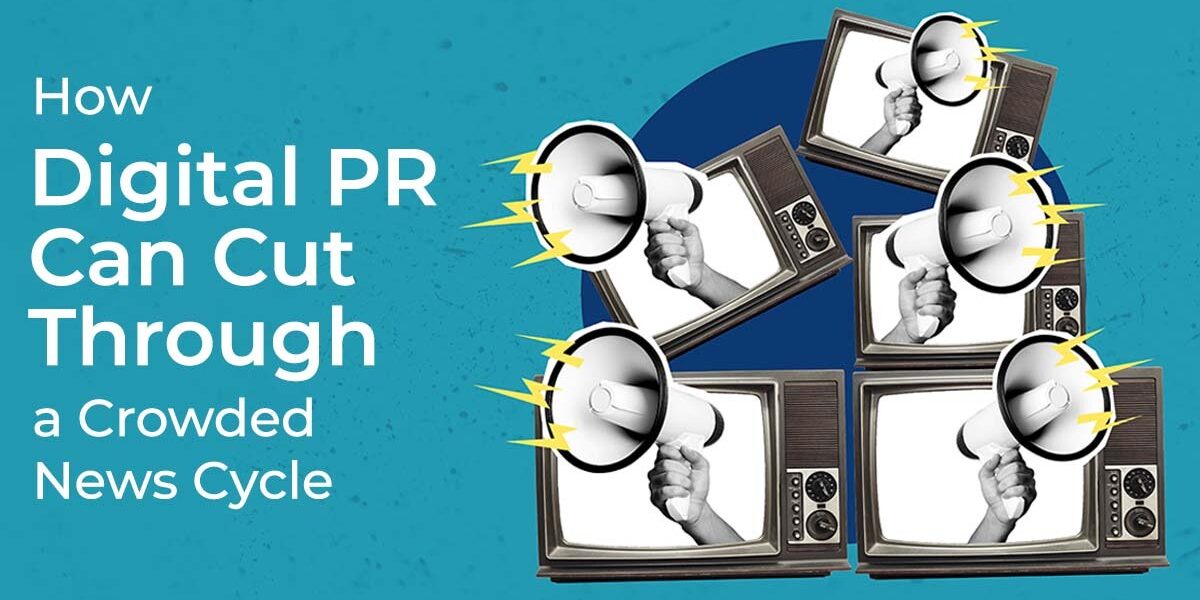Our nation’s holidays haven’t always been fixed. When I was young, Lincoln’s Birthday and Washington’s Birthday were celebrated on separate days, the days when the respective presidents were born.
Then in 1971, an act of Congress called the Uniform Monday Holiday Act set Washington’s Birthday to the third Monday in February. The act, which also applied to Memorial Day, Columbus Day and Veterans Day, created three-day weekends so that people could enjoy long weekends and, no doubt, drive tourism and retail sales.
People adjusted easily and seemed to welcome the long holiday weekends. The exception was Veterans Day, which was then moved back to Nov. 11.
Some holiday dates make total sense, such as Independence Day. Others are more arbitrary or based on a seasonal tradition such as Thanksgiving.
And that brings me to Labor Day, observed the first Monday of September.
At the beginning of September, when it’s still summer across the land, why do we “officially” end summer and shut down a large portion of one of our nation’s most important industries? We create a massive self-inflicted economic wound. Lifeguards go home, amusement park rides are shuttered and entire towns economically hibernate until the next Memorial Day, eight months in the future.
We flip the sign that says, “Closed. Come back in about eight months.”
Summer does not end until the fall equinox, which this year is on Sept. 23. All across our great country, it’s still hot outside, the trees are in full bloom and the water’s just fine. As a matter of fact, the ocean temperatures are at their best. By closing up shop on the first Monday of September, we literally kill millions of jobs and throw away billions of dollars.
Every job in the travel industry benefits eight more nontravel-related jobs. The ripple effect of shutting off the economic spigot is monumental.
There is no real reason Labor Day is on the first Monday of September. Labor Day was born at a time of labor unrest when the Industrial Revolution gave rise to a six-day workweek and children as young as 6 toiled in factories up to 12 hours a day.
Created by the labor movement, then made official in 1894 by an act of Congress, Labor Day served to appease organized labor.
Ironically, modern Labor Day puts millions of Americans out of work and signals that summer is over, so no more half-day Fridays or taking that personal time off, or PTO, day to create a long weekend before fall and winter truly arrive.
Modern Labor Day is a devastating one-two punch. We shut down a large sector of a major industry and mentally say, “Summer’s over.”
At a time when the president is trumpeting the message “It’s all about the economy and jobs,” Labor Day does the opposite — both in big and small businesses, including those that are family-owned and -run.
One of the largest industries in America is tourism. This includes major public companies such as United Airlines, Marriott Hotels and Disney but also pumpkin patches, wineries, arcade games on the Jersey Shore and businesses like Hersheypark in Pennsylvania and the Grand Canyon Railway in Arizona. We are talking about tens of thousands of small businesses, attractions and experiences that fuel the travel economy.
According to the U.S. Travel Association, direct spending by resident and international travelers in the U.S. averages $2.8 billion a day, $117 million an hour, $2 million a minute and $32,800 each second.
That’s an industry generating $1.5 trillion and responsible for more than 7 million jobs. It amounts to nearly 3% of the gross national product, accounts for one out of every nine jobs and drives $164.8 billion into the coffers of federal, state and local governments.
I propose that the president and Congress move Labor Day to the third Monday of September, when summer actually ends. It will be a boon to the economy. It will be a boon in keeping people employed longer. It will make everyone happy (who doesn’t want more summertime?).
We are talking about an economic boost, over a 14-day period, of about $39 billion just in direct spending, not including taxes and trickle-down benefits to people and businesses not in the tourism sector.
Moving the day does not interrupt any traditions; it just pushes back that last beach weekend, barbecue or town parade by two weeks. And it gives everyone permission to get away for a few more weekends while helping the economy hum along.
Best of all, it costs nothing.
Yes, let’s move Labor Day to the third Monday of September. I can see it now: a hat that says, “Make Summer Vacation Great Again.”
Originally Posted To Travel Weekly





